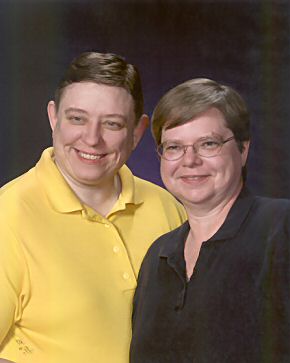He starts out with a very brief history of the Austrian school, mainly that while the founders of the Austrian school of economics were, very naturally, Austrian, there are not so many now. Most 'Austrian' economists are now of course, from many other countries.
He then talks about Human action. Austrian school is based on individuals doing things, most other schools of thought focus on groups or aggregates.
When Carl Menger was working, the predominant school then was the classical school, Smith, Ricardo, etc. He gives examples of their thinking.
Rothbard then gives an analysis of the main points of Austrian economic thought. (This is not complete, just the points I wanted to remember.)
- Purpose of production is consumption
- Start with consumer demand and work backwards to factors of production
- Make value judgements in marginal units
- Not quantative, but value is subjective
- Time preference - we want things now, not later
- Earlier phase of production = higher order of goods
- Entrepreneurs are very important
- It integrated micro and macro economics
- applied marginal theory to money and credit
- only real use of money is exchange
- fractional reserve banking is basically fraudulent
- increases in money and credit causes price increases and messes up the capital structure
- increases in money supply increases interest rates
- results of recession (a natural process) washes out imbalance between capital and consumer goods
- necessary liquidation process, if government interferes, this prolongs the recession
This was another excellent lecture, with a lot of information.
